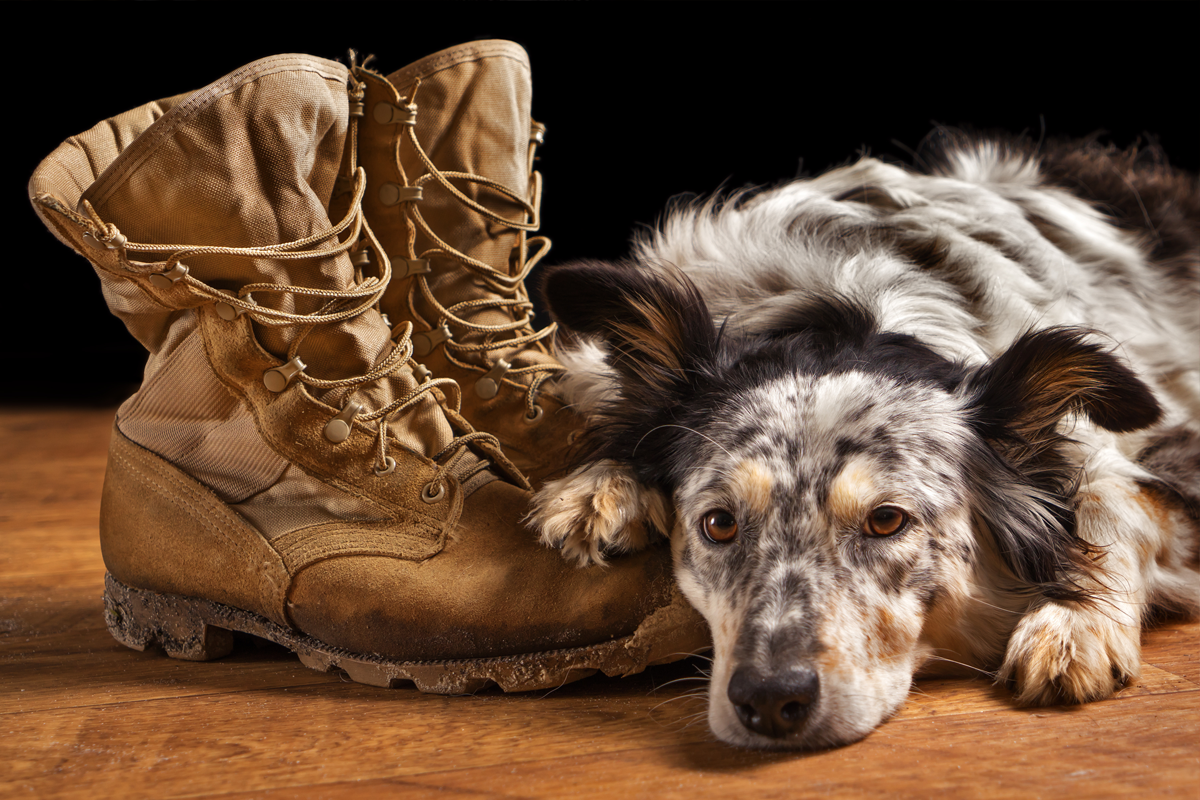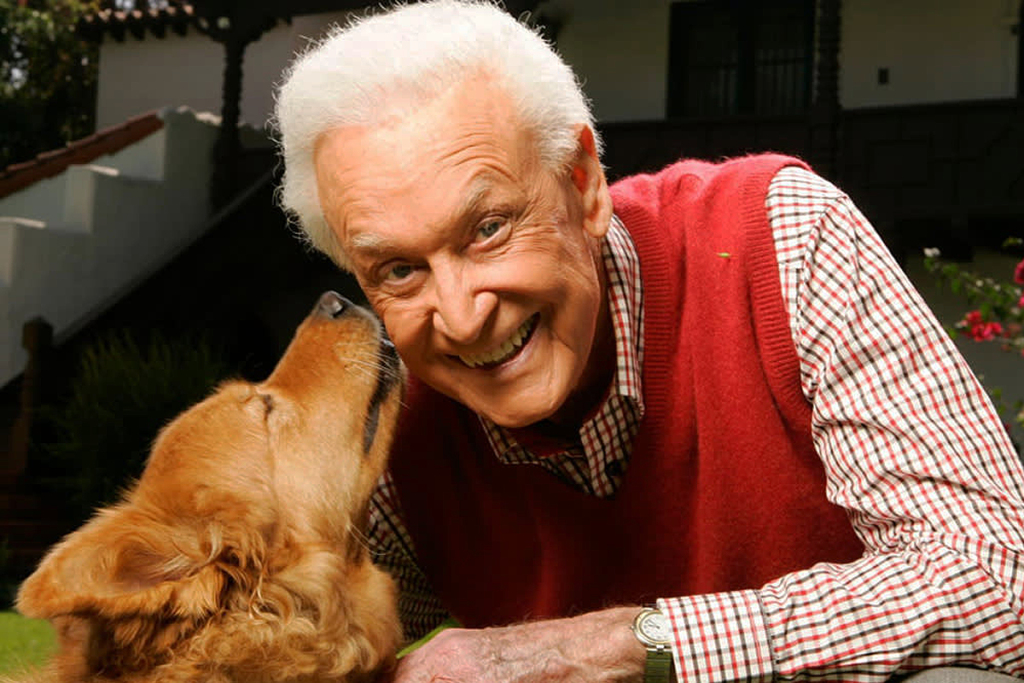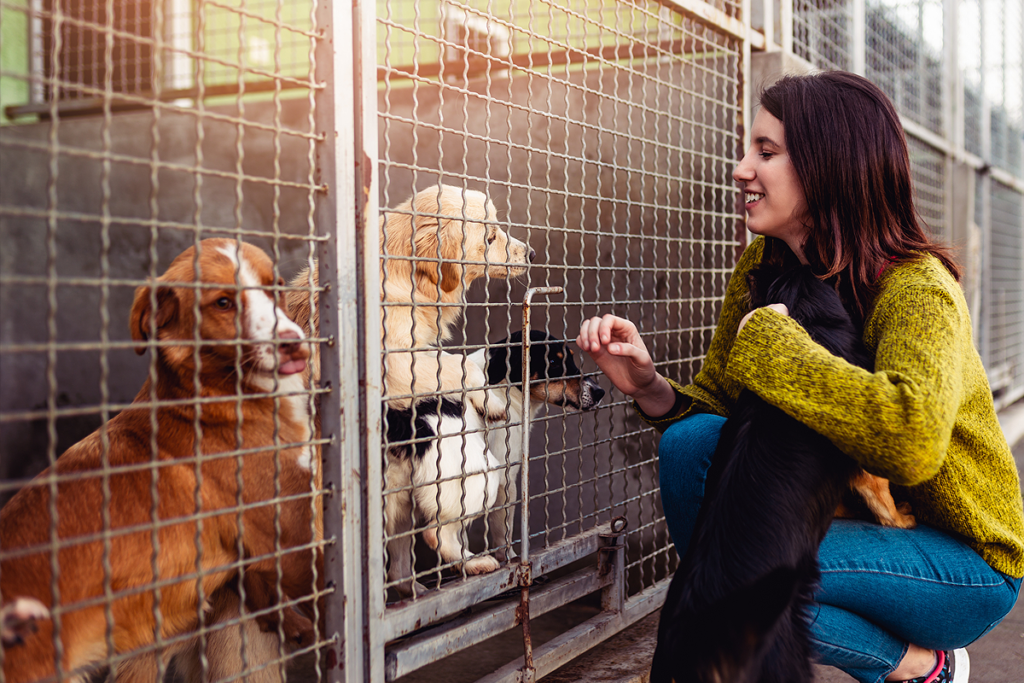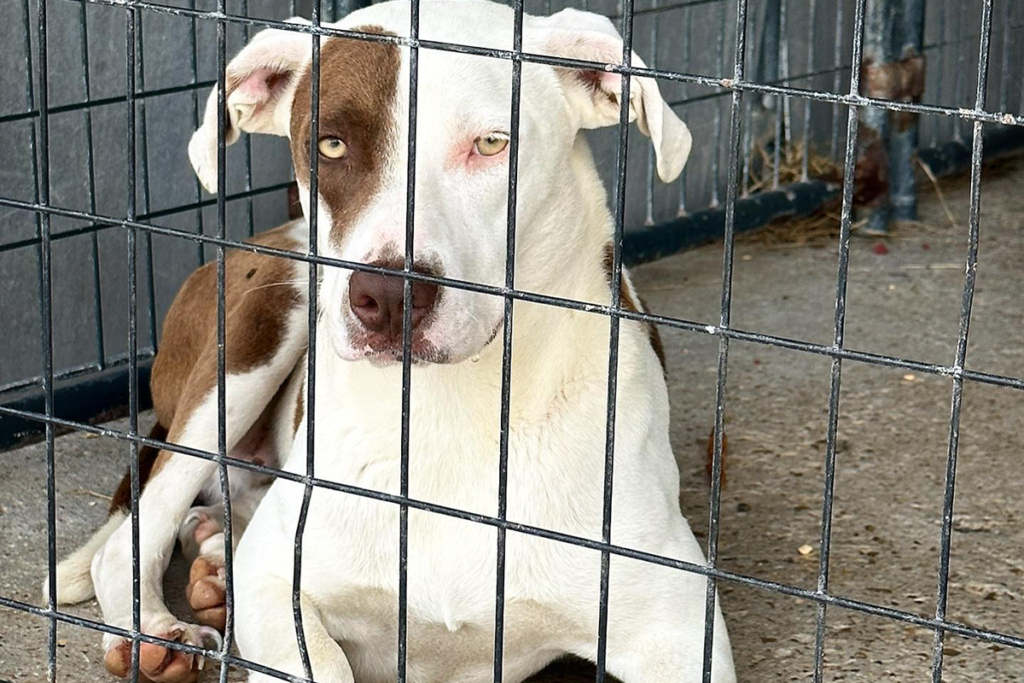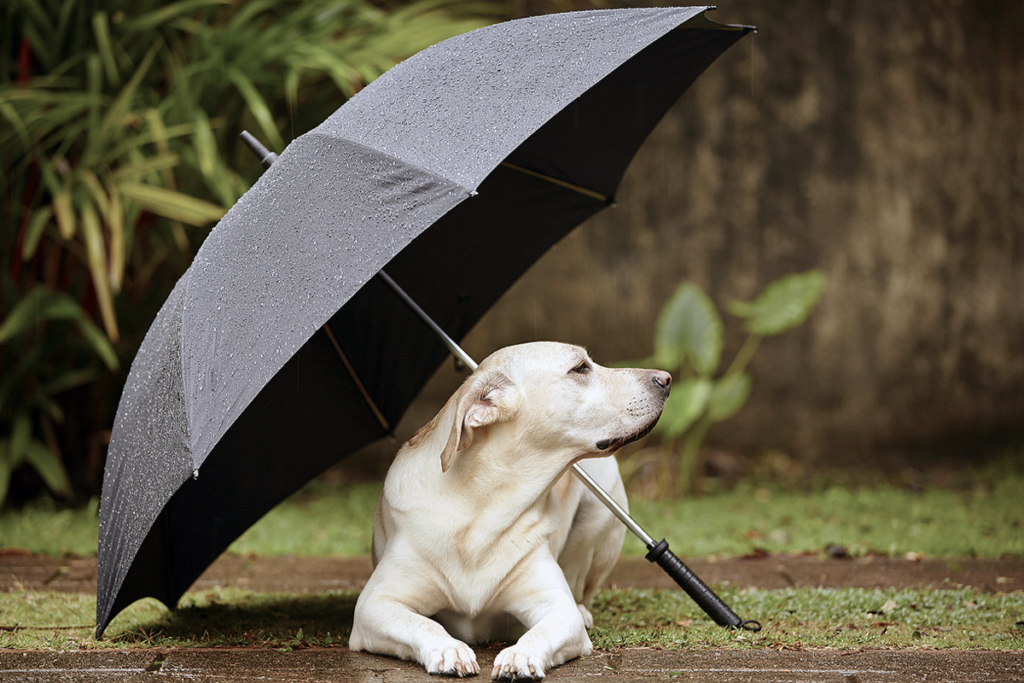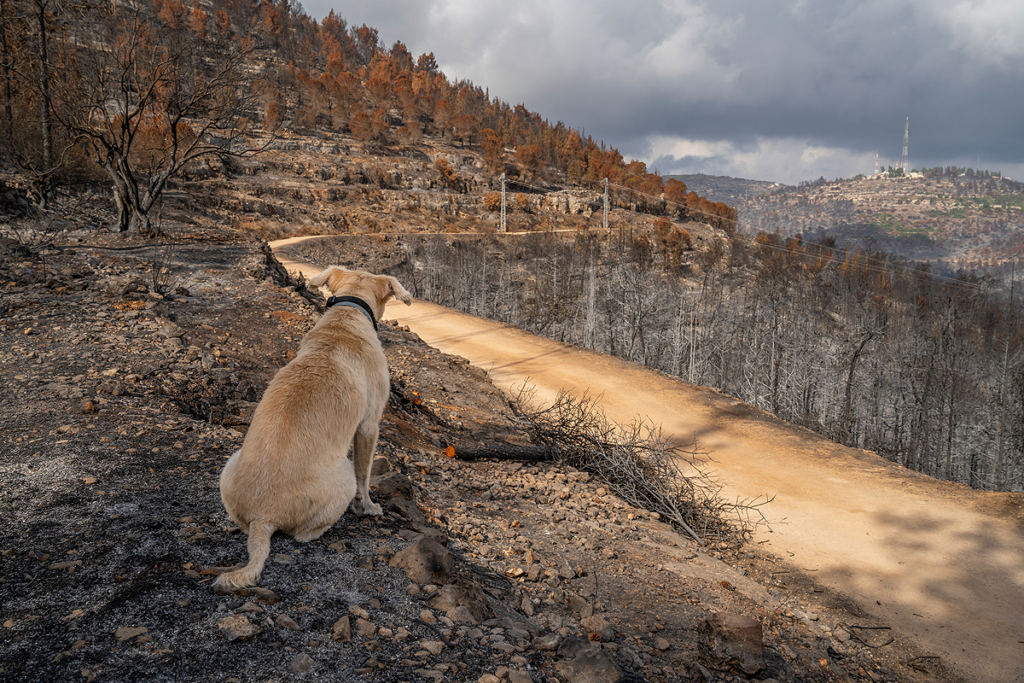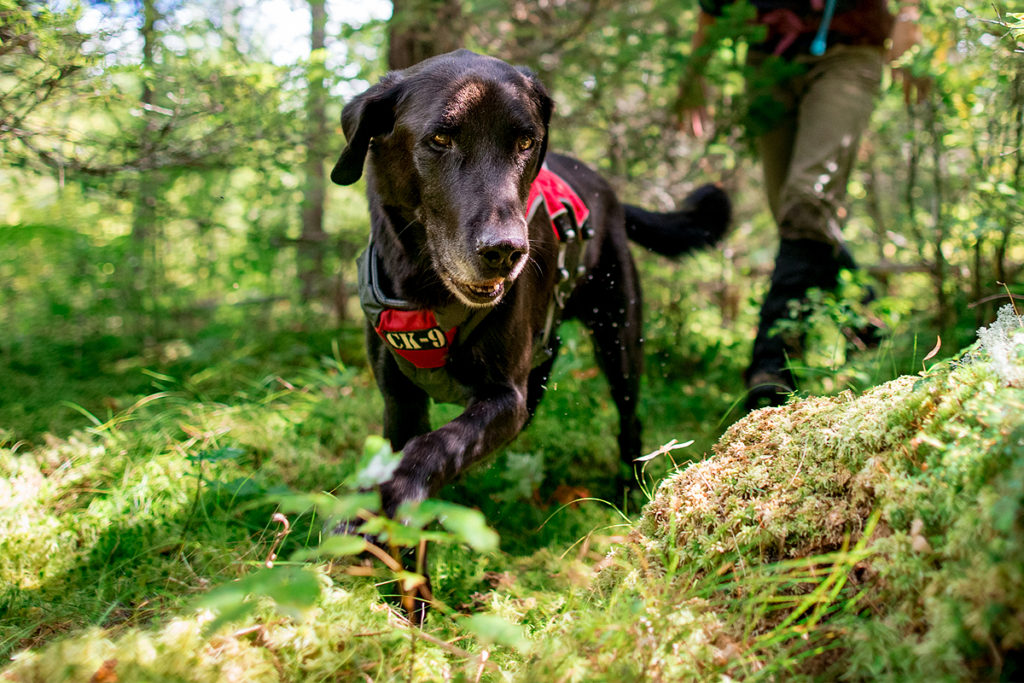The Yuletide season and approach of the New Year is a joyful time filled with family and friends for many of us, and it’s also a time of reflection as well. While I am one of the fortunate who spend the holidays back home, in the house I grew up surrounded by loved ones, my mind often drifts to those who aren’t as lucky. Especially the men and women who are thousands of miles from those dear to them, protecting the freedoms that allow me to be with mine. No matter our country or culture, as human beings we wish for peace in every language around the world, but sadly, war is an ongoing plague that seems to have no cure.
I’m ashamed to say I find it hard to watch the news, let alone imagine facing the onslaught and fallout of battle firsthand. And I find myself wondering, “How can I bring comfort in such chaos?” What can someone like me, without a lot of information or influence, do to make a difference? As luck would have it, I met some amazing people who are leading organizations trying to do just that.
Several months ago, I came across SPCA International’s Patriot Pets program. Members of the U.S. military stationed on bases all over the world befriend local stray animals during deployments that become their comfort, companions, and family away from home. At the end of their missions, they are often forced to leave them behind. Patriot Pets (formerly known as Operation Baghdad Pups) program was founded in 2008 to rescue and reunite these pets with our service members and their best friends in the U.S. To date, they have rescued over 1,200 animals from multiple countries in the Middle East, Central Europe, Southeast Asia and Africa for members of all military branches.

I reached out to them and had a wonderful conversation with some promising ideas of how we can work together in the future. The compassion that Lori Kalef, SPCAI’s Director of Programs, and her team have for not only our service members, but also for animals who are an integral parts of a soldier’s life is both inspiring and heartwarming. These homeless dogs and cats become beloved pets and friends to these soldiers for a year or more, only to find themselves living on the streets again in war-torn areas around the world once a mission ends. But Patriot Pets understands that the mental, physical, and emotional trauma for soldiers doesn’t end when they walk away from a war zone.
The United States is home to more than 21 million military veterans, many of whom have difficulty returning to their everyday life as a civilian. A staggering 20 percent of them suffer from post-traumatic stress disorder (PTSD), one of the most common trauma-induced mental illnesses.
It is estimated that 20 veterans die of suicide each day, resulting in around 6,000 deaths by suicide each year.
You read that statistic correctly, 20 veterans a day. That number is staggering and simply unacceptable.
Of the roughly 2.7 million United States military personnel deployed to Iraq and Afghanistan post-9/11, up to 23% return with symptoms of PTSD. This illness is a pervasive mental health condition that can occur after exposure to a traumatic event characterized by avoidance, re-experiencing, negative alterations in cognition and mood, and hyperarousal. Several evidence-based treatment options for PTSD exist, including cognitive behavioral therapy, prolonged exposure therapy, and pharmacotherapy. But unfortunately, treatment dropout rates are often high among military veterans, and many veterans will retain their PTSD symptoms in spite of treatment completion.
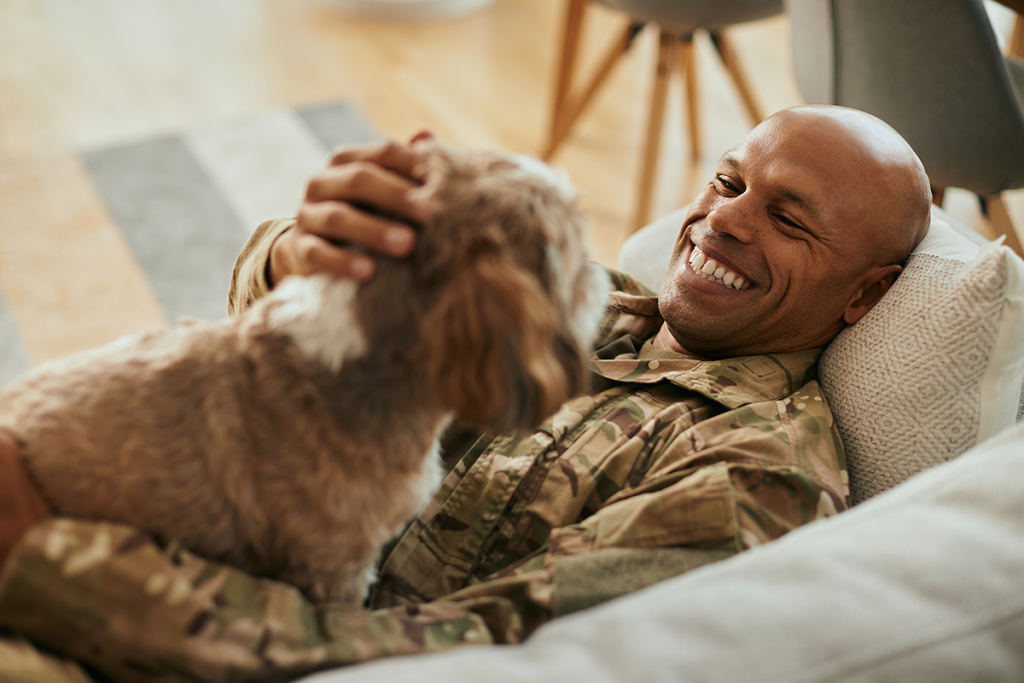
Although a strong support system of friends and family is immensely beneficial, individuals suffering from the general stresses of reacclimating to life at home, to extreme symptoms of PTSD, it’s been proven that the special relationship with a bonded pet has a dramatic impact on the physical effects of this growing illness.
For individuals whose symptoms are so severe that they rise to the level of disability, a mental health provider may prescribe a psychiatric service animal – sometimes called a “PTSD dog” – to help a veteran participate in the basic activities of daily life. Psychiatric service dogs are a form of assistance dog that are specially trained to do work or perform tasks directly related to a psychiatric disability – thereby allowing them legal public access rights. For example, PTSD service dogs can be trained to detect a veteran’s physical signs of anxiety and distress, serving to alert to and interrupt anxiety and panic attacks during the day as well as interrupt nightmares during the night. PTSD service dogs can also be trained for positional commands thought to provide a sense of safety in public, such as standing behind the veteran in public and “watching their back.” The resulting companionship and non-judgmental social support that a PTSD service dog provides can also offer emotional and therapeutic value. The demand for PTSD service dogs continues to increase, and waitlists for PTSD service dogs are often months or years long and cost $15,000 – $20,000.
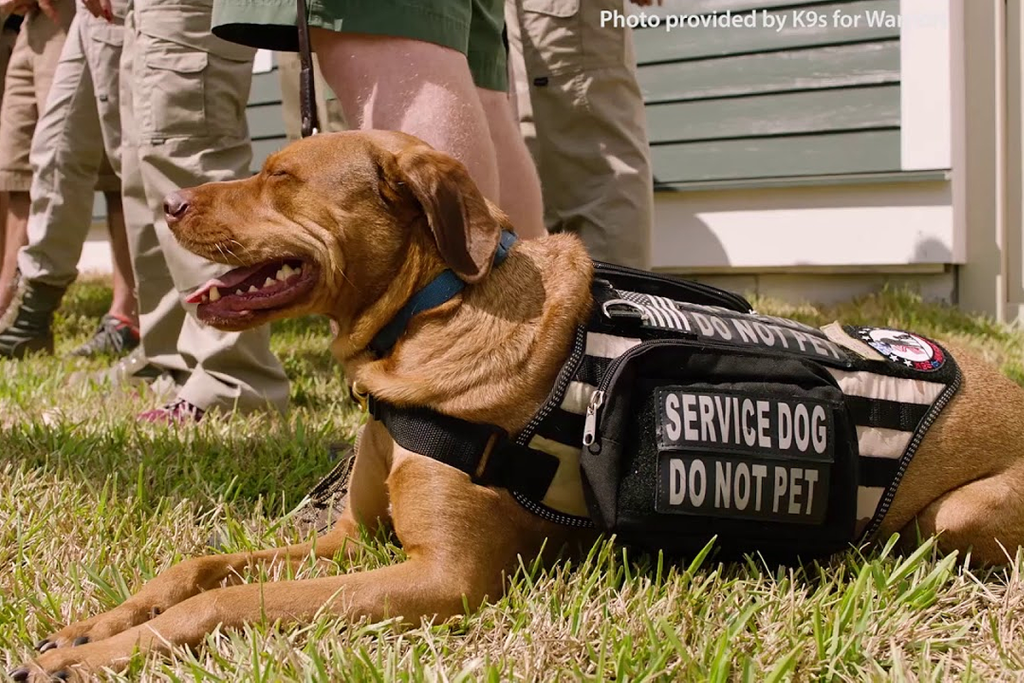
The vast majority of veterans neither need, nor qualify, for a service animal, even if they have PTSD, depression or another psychological condition, but most can be helped by a companion pet. While not every circumstance is unique to military service, there are distinct moments in a veteran’s life when a companion pet is just what the doctor ordered. Many veterans upon separating from service feel lost without the structure, discipline and routine associated with military culture. Some return to a life that they no longer recognize. Still others feel disconnected even from close friends or family and many struggle to translate their military skills into a civilian job.
According to the Defense Department, since 2003 more than 46,000 U.S. military personnel have been wounded in action in the Iraq and Afghanistan wars.
The incidence of PTSD, Traumatic Brain Injury (TBI), depression and other psychological conditions has led to discussion of the “invisible wounds” of war. Anecdotally, huge numbers of veterans with such wounds are not counted in the official Wounded In Action statistics. And criteria for the diagnosis and treatment of disorders like PTSD vary widely.
In the U.S., some estimates believe the invisibly wounded numbers in the hundreds of thousands. Veterans of prior conflicts have and continue to suffer from these very same afflictions. But it took Iraq and Afghanistan to bring the true scope, nature, and human cost of these types of ailments into sharp relief. However, the Veterans Administration’s own statistics cite a higher incidence of PTSD among Vietnam veterans than OIF/OEF veterans.
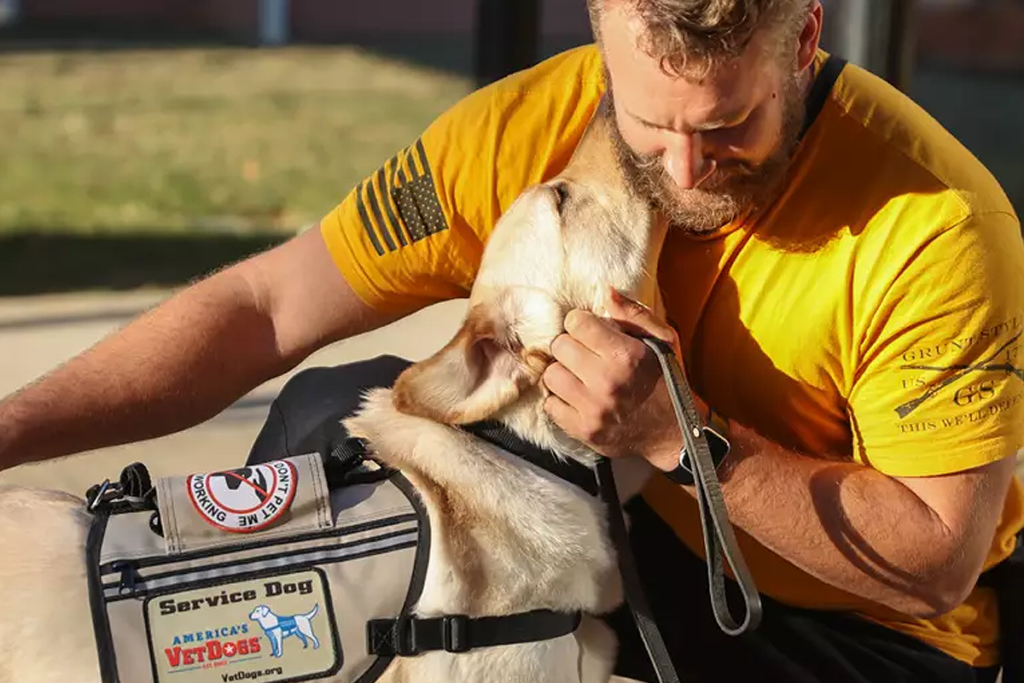
A great deal of veterans with PTSD cope with feelings of isolation, depression, anger, heightened sensitivity to loud sounds, fear of crowds or anxiety in social situations in general. It is therefore unsurprising that attention has turned to the human-animal bond as a way to help people overcome many of the emotional impacts of their conditions. Many veterans say that their adopted companion pets give them a renewed sense of purpose – even a reason to live. They are more able to re-establish healthy relationships with family and friends, and even forge new and positive relationships. Human–animal interaction is known to reduce stress, yet few studies have examined the health effects of interacting with dogs, specifically in the veteran population.
By demanding attention and affection, companion pets force their guardians to focus on the animal’s needs, displacing behaviors where people dwell on their own circumstances and problems. A pet’s needs demand action, whether it is to be fed, groomed or out for daily walks – and these demands and their immediacy (“pet me now”) help veterans coping with psychological trauma regain a sense of purpose, confidence and optimism in their lives. Companion pets can even help veterans re-establish relationships with people by acting as a social bridge, leading some to call them “surrogate humans.”
Shelter animals are wonderful companion pet options for those suffering from the effects of combat induced anxiety. They can deliver many physical and emotional health benefits; however, they have no legal access to public places like PTSD dogs. But despite their lack of legal access, companion pets can have life-changing – even life-saving – impacts on peoples’ lives.
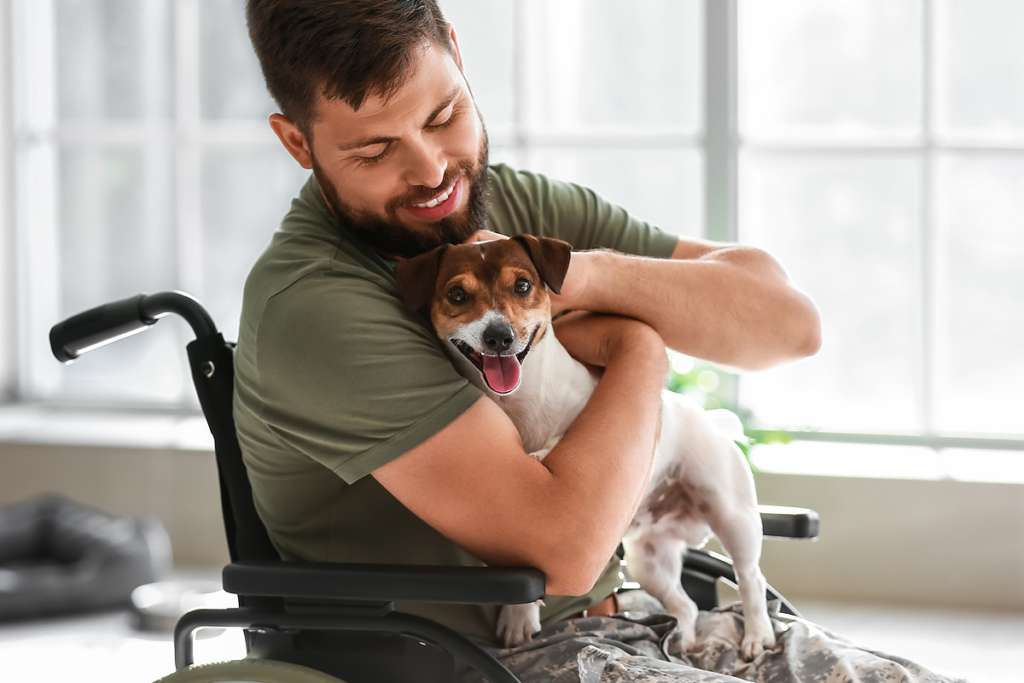
With that being said, the federal government defines a service animal as one who is trained to perform specific tasks on behalf of a disabled individual. The American Disabilities Act (ADA) defines a disability as: “A mental or physical condition which substantially limits a major life activity such as caring for oneself, performing manual tasks, walking, seeing, hearing, speaking, breathing, learning and working.”
The term “service animal” includes a wide range of animals highly trained for specific types of needs, such as signal dogs for the deaf, or seeing eye or guide dogs for the blind. Federal law does not consider service animals as pets. They are viewed as equipment necessary for disabled people to manage the basic tasks of daily living. Service animals are protected under the ADA and enjoy broad access to accompany disabled individuals wherever they need to go. This includes public transportation, private places of business, workplaces, residential complexes, and houses of worship.
There are many amazing organizations across the U.S. that help veterans figure out what type of support animal they might best benefit from, whether it’s a companion pet or a specially trained service dog, and then help match them with available pets across the country.
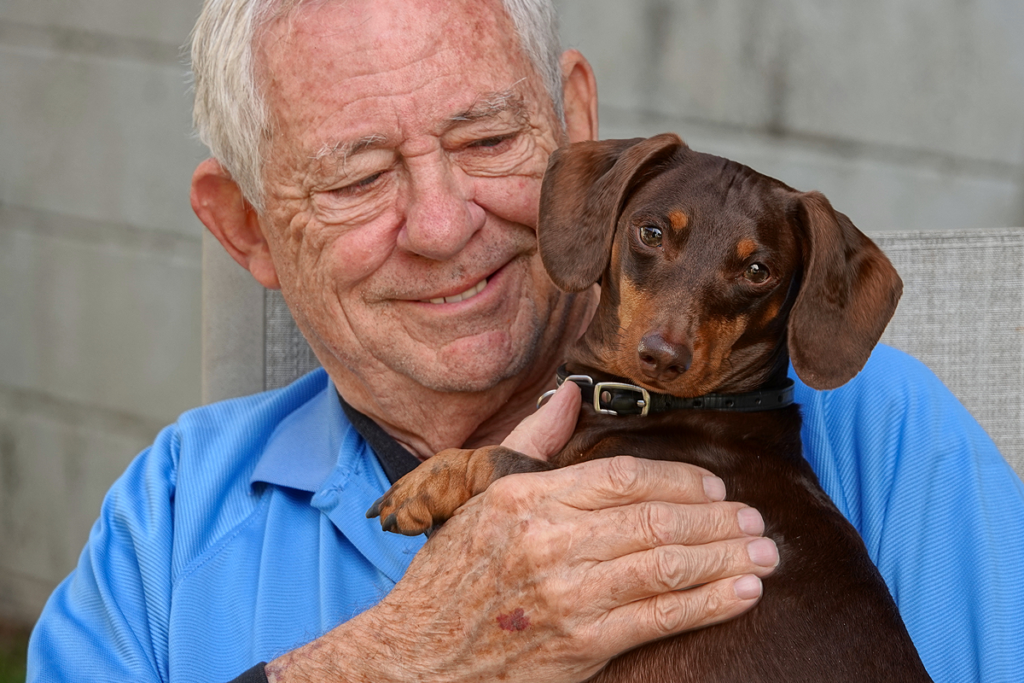
Lastly, another veteran that is often overlooked, but could benefit greatly from the comfort and affection of a special pet are elderly veterans. They are more prone to both loneliness and depression, and a pet’s focus on the “here and now” – to be pet, fed, walked – provide both physical activity and mental stimulation that can be particularly valuable to the elderly. Many shelters offer “senior for senior” programs for elderly people to adopt mature pets, which helps an animal that may be overlooked due to its age find a fitting home with a person who might no longer be able to keep up with a young, active pet.
Those currently serving in the military, veterans, and their families aren’t the only ones who benefit from companion pets and service dogs. Dogs and cats who were homeless, abandoned, neglected or even abused have a second chance at life as a companion to someone who needs that second chance as well.
* Facts provided by Pets for Vets, Patriot Pets, Frontiers in Psychology and the National Institute of Health

